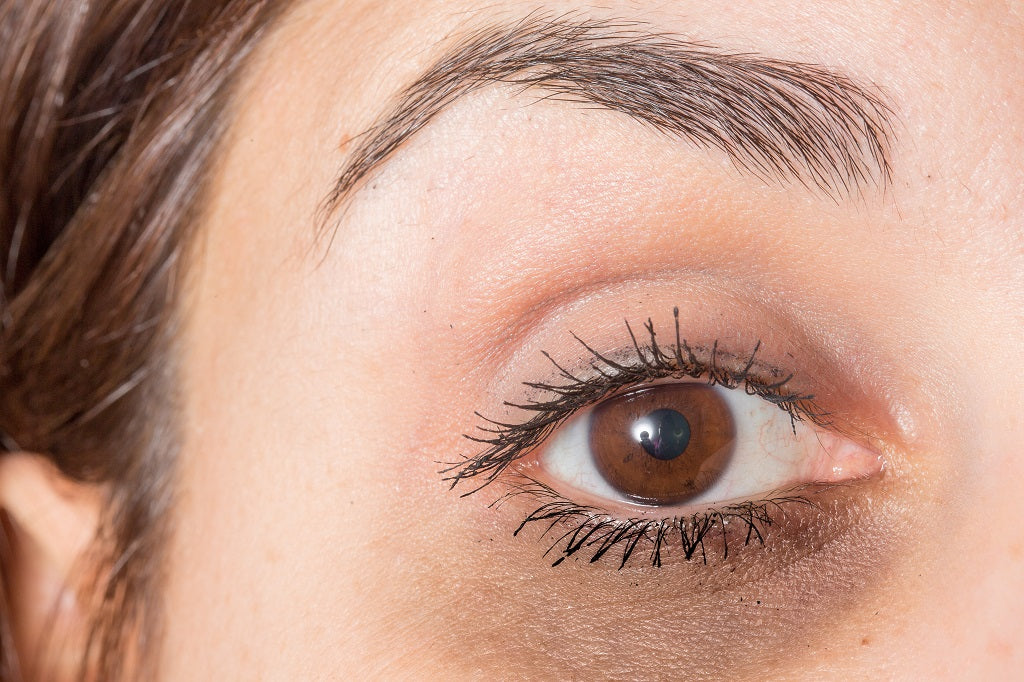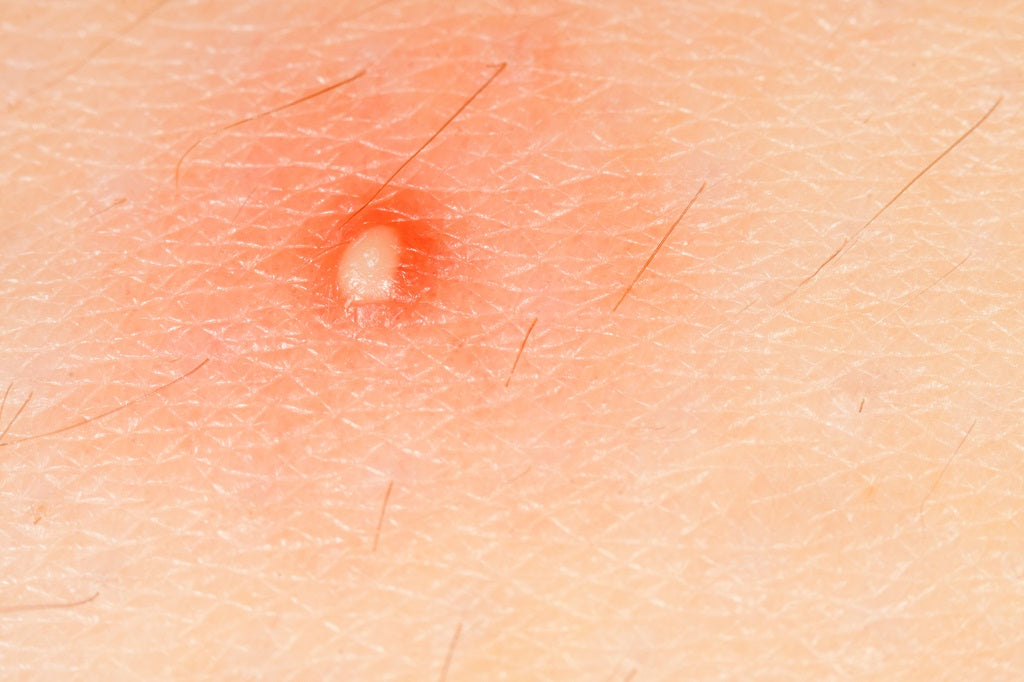Mosquitoes are all around us. Many health bodies have declared them as Public Enemy No. 1, given they are the carriers of more than a million deaths every year. Which is why, while our governments and civic bodies are doing their best to control this risk, most of us also take the matter into our hands and do not hesitate to keep ourselves armed with mosquito repellent sprays, vaporisers, mats, coils, patches and more. But did you know that store-bought chemical repellents may be doing a lot of harm? Many of these chemicals are being used at such a large scale for the first time and their long-term effects on the people or the planet are not known. There have been bans on chemicals that were used in mosquito repellents earlier as these effects came to light. Isn't it better to adopt a natural insect repellent? Something that the nature made to keep insects at bay. Read on to find out more!
What Are The Benefits Of Using Homemade Repellents
While it should be obvious, we have tried to put down what you win when you switch from a chemical based commercial insect repellent to a homemade one that you make out of natural ingredients. Following are some of the benefits.
1. They Are Chemical Free
Herbal mosquito repellents do not come with many harmful substances that an average store-bought mosquito repellent spray contains. The latter usually contains a questionable substance called DEET (N-Diethyl-3-methylbenzamide), which can make up to 23.8% of its components. Studies have linked it to skin & neurological health problems. Another chemical used in mosquito repellent - Cyfluthrin - is linked with damage to the neurological system of the human body, bringing about significant changes to muscle coordination, strength, movement, and so on. As obvious, there are studies and claims supporting both sides of the argument, but why not stay on the safer side when it comes to using such chemicals for oneself and one's family?
2. They Do Not Cause Any Skin Trouble
Most of the natural repellents are made from mosquito repellent plants like nepeta cataria (also known as Catnip or Catmint), eucalyptus, etc. They are safe for use on skin and prevent rashes, redness, and itchiness.
3. Safe For Children

While studies have been giving conflicting views about the safety of DEET in small quantities, we know it has its ill-effect when exposure is in large quantities. This effect is higher on children. Which is why people have been sceptical about applying DEET based products on their kid's skin. The natural alternatives can put such worries to rest and give you the peace of mind.
4. Safe For Pregnant Women

Chemicals in mosquito repellents, like all other pesticides, are even more dangerous when it comes to pregnant women. Exposure to Cyfluthrin, which is used in these repellents, can cause major changes in the glucose levels of the mothers, as well as reduce red blood cells and damage the liver. Apart from causing complications, some studies have found this toxin to cause changes to the fetus directly, after exposure.
5. As Effective As Chemical Repellents
Studies have shown that herbal mosquito repellents are just as effective – and sometimes more – than the chemical ones. For example, Catnip oil is found to be 10 times more effective than DEET, lasting up to 7 hours.
6. They Have A Soothing Aroma
Unlike conventional repellents, natural mosquito repellent sprays have a pleasant aroma that helps relieve stress and calms the body down. Thus, the benefits of herbal mosquito repellents go beyond just warding off mosquitoes.
Choosing The Best Natural Mosquito Repellent
- Since there are a plethora of options available, how does one go about choosing the best for your use? Here are some tips.
- Check the quality of the repellent. Its effectiveness depends on it. This essentially means checking out the ingredients and the concentration of the ingredient and going for the one with the highest concentration of the repelling ingredient. But when it is the question of DEET or other chemicals we have warned about above, it is best to avoid those.
- While natural mosquito repellents are mostly safe, ones for external application on skin needs to be tested through a patch test. This means, applying it on a small patch of skin and waiting for a few minutes to check for irritation. If there is no irritation, you may use it.
- In case of unique requirements, like for existing skin condition, research on the ingredient carefully, before settling on one. There are special mosquito repellents for kids. You may also consult a dermatologist and other professionals before buying one.
- Carefully scrutinize your requirement. Say, you want to go out, but the place may not have many mosquitoes, a less concentrated one may be a better option. Keep in mind that the natural based mosquito repellent creams and gels need to be reapplied frequently. Go for a product that is easy to carry.
- Inside the house, try growing mosquito repellent plants or making candles, instead of applying on the skin, or spraying.
Also Read : 15 Best Natural Insect Repellents and Its Benefits
How To Repel Mosquitoes Naturally
- Grow mosquito repellent plants in your garden. But be careful as to what you grow. Some mosquito repelling plants may have poisonous leaves and berries. If you have kids or pets, it may not be a good idea to have such plants around.
- You can also grow herbs like lemongrass, lavender and thyme. You can use it for cooking, and at the same times, keep mosquitoes away.
- Put some of these plants in pots and keep it around the house. It will also act as part of the decor.
- You can use candles infused with herbal mosquito repellent. The number of candles you need to use depends on the size of the room.
- Make a natural mosquito repellent at home using easy recipes as described in the section below.
Also Read : Ways to Use Insect Repellents Safely
DIY Natural Mosquito Repellent Recipes
If you want to do the best and the safest and want to make a mosquito repellent on your own, we have two options for you that can be easily cooked up a home.
1. Alcohol And Clove Based Mosquito Repellent Spray
Ingredient
- Rubbing alcohol ‚ 470mL
- Clove ‚ 100gm
- Baby oil ‚ 100mL
Instructions
- Put the alcohol and the cloves in a jar and let it infuse for 4 days.
- Stir twice a day during this time.
- After 4 days, strain the cloves out.
- Pour the alcohol into a spray can and add the baby oil.
- Use it on clothes or skin.
2. Essential Oils Based Mosquito Repellent Spray
Ingredient
- Essential Oil ‚ 40-50 drops (any combination of your choice from lavender, lemongrass, catnip and tea tree)
- Distilled water or boiled water ‚ 125 ml
- Witch Hazel ‚ 125ml
- Vegetable glycerine ‚ teaspoon
Instructions
- Take a 250ml spray container and pour in the water.
- Fill the rest of the container with witch hazel almost to the brink.
- Put in the glycerine and the essential oils.
- Mix well and it's ready to use
Other Ways Of Avoiding Mosquitoes
In addition to using a mosquito repellent spray, people opt for the following ways to reduce or keep mosquitos at bay. All these ways might not be as effective, though, in all situations.- Cover up your skin. The best way is to cover as much part of your skin as possible. However, during summers, it is not a viable option.
- Reduce breeding of mosquitoes by preventing the collection of water in your surroundings. Regularly change the water in your ponds or buckets.
- Use a mosquito net, especially during their breeding season, while sleeping at night. Always protect babies and children using a net.
Also Read : 15 Best Ways to Keep Mosquito Away from the House
Equipped with the knowledge of mosquito repellent plants and sprays, we hope you have a safe worry-free season!
Disclaimer: All the content on anveya.com/blogs is solely for information. It is not intended to be a substitute for professional medical advice, diagnosis or treatment. Always seek the advice of your physician or a qualified health care provider. The information, suggestion or remedies mentioned on this site are provided without warranty of any kind, whether express or implied.



